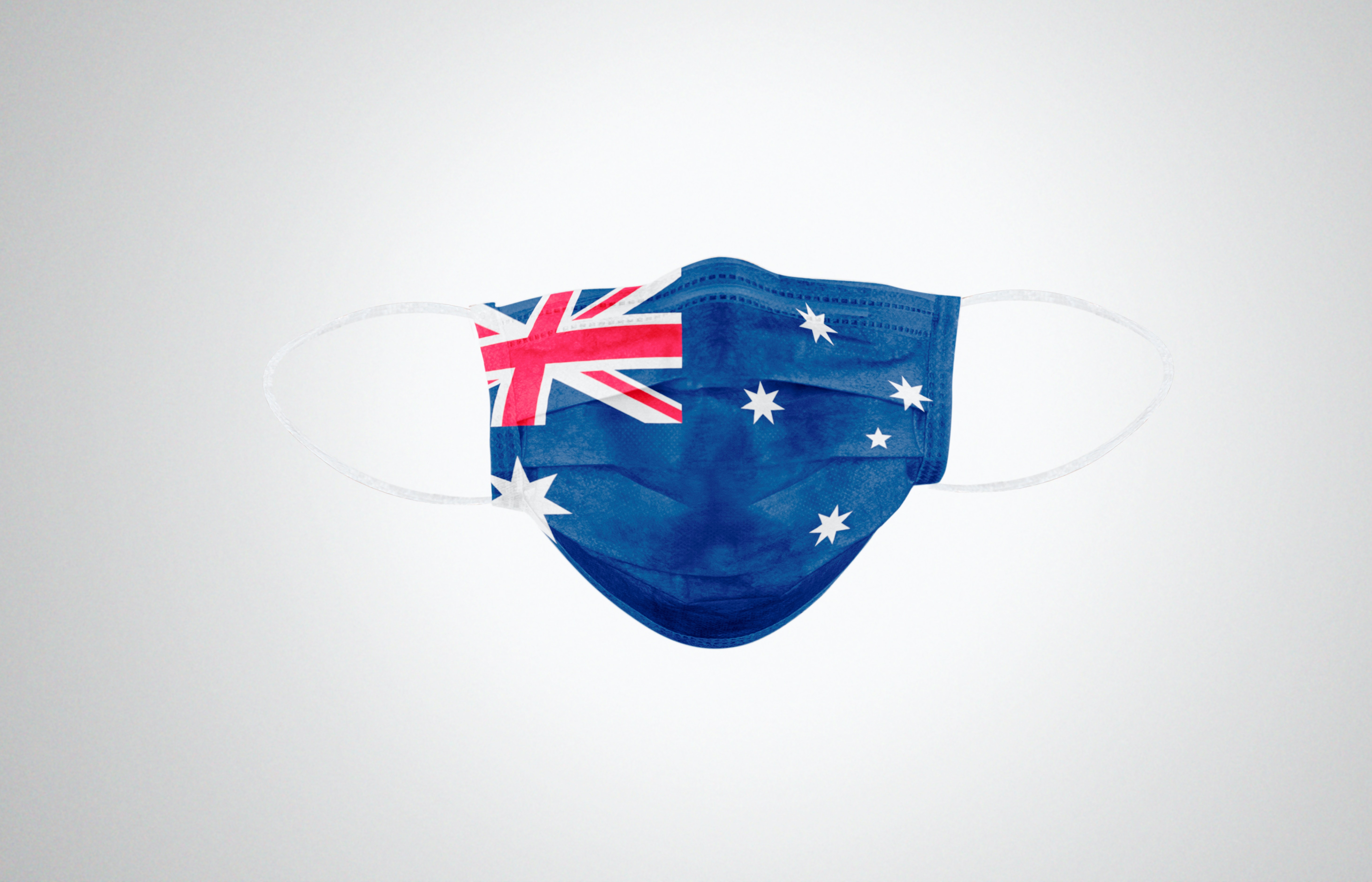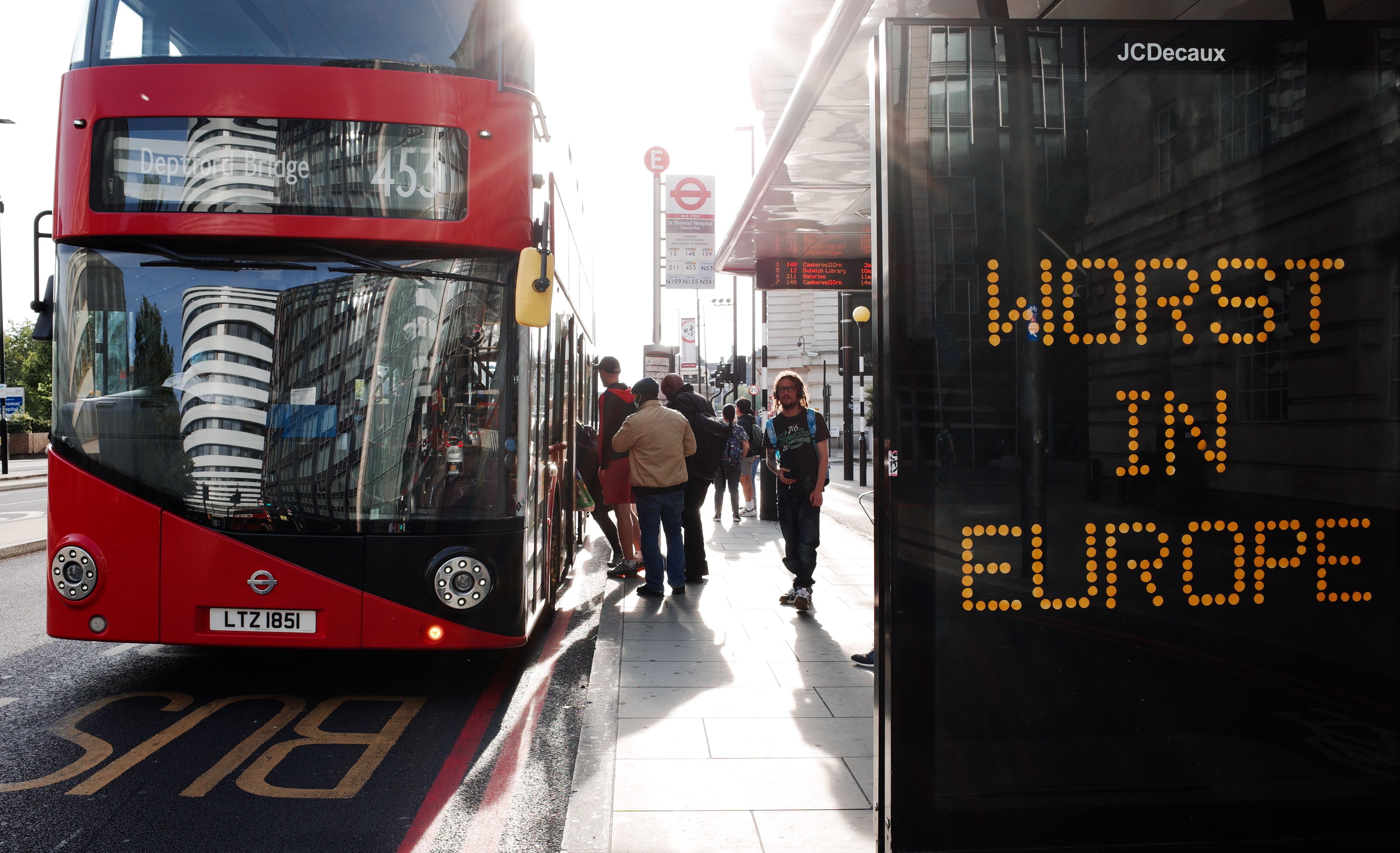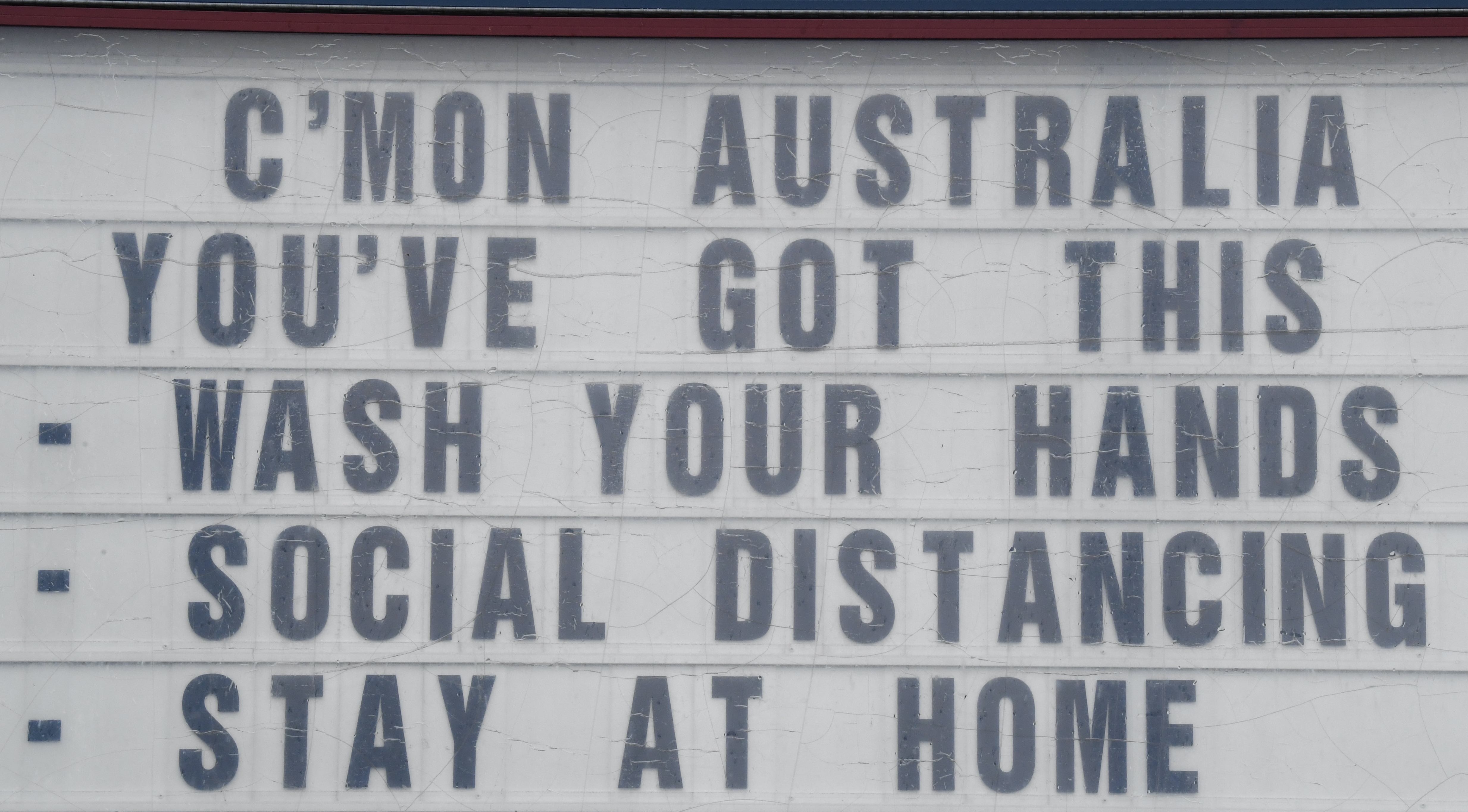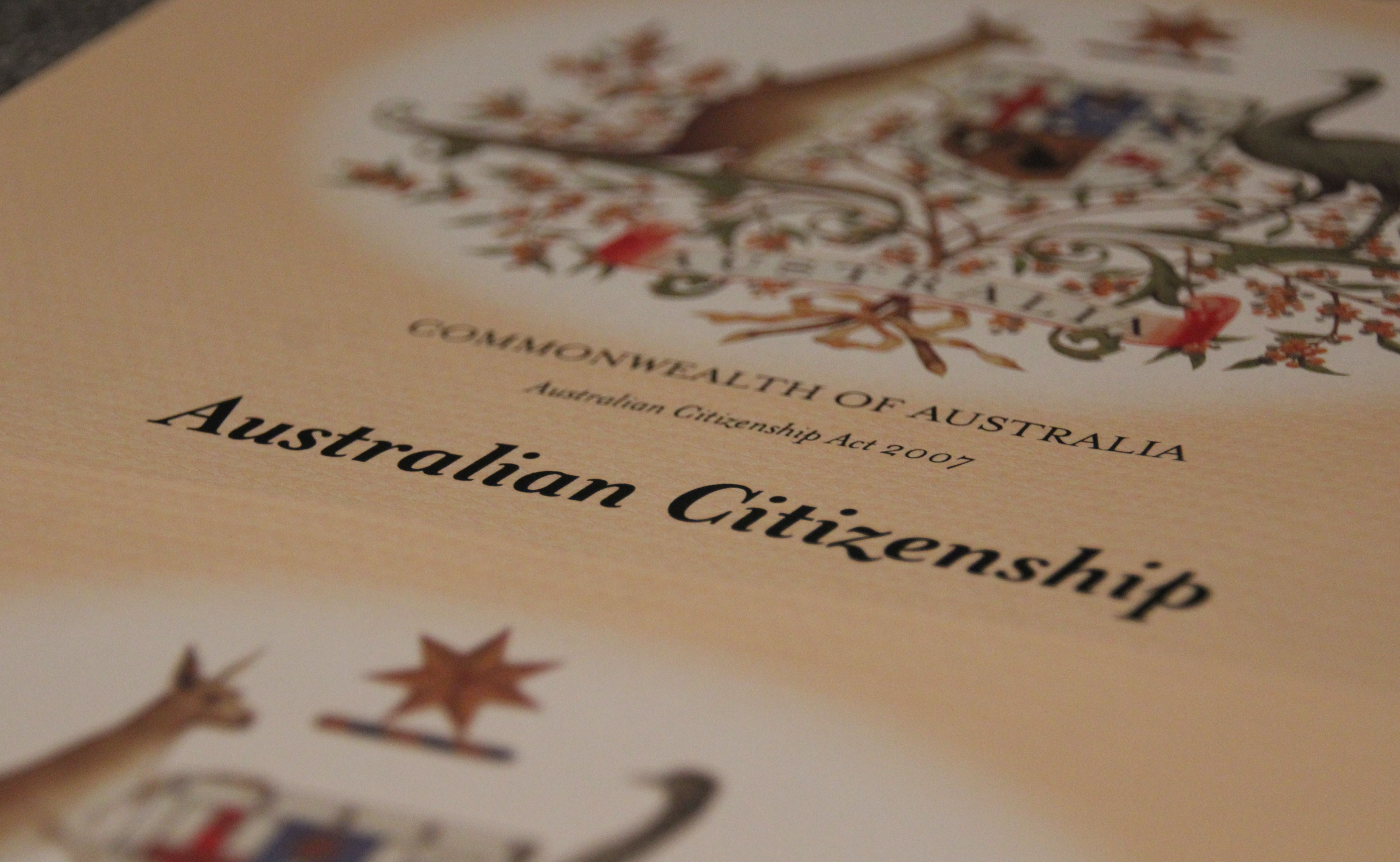
Arts & Culture
Isolation, my Dad and me

For a British immigrant in Australia, watching the impact of the COVID-19 pandemic in the UK from afar has brought the issue of national identity into sharp relief
Published 19 June 2020
Since immigrating to Australia sixteen years ago and becoming a citizen eight years later – actually becoming Australian in the existential sense escaped me. Only the UK, and London W10 in particular, afforded me that sense of oneness.
Then COVID-19 happened.

In early May, the UK recorded the highest number of deaths from COVID-19 in Europe. A few days later, following its success in ‘flattening the curve’, Australia learned that it was about to come out of lockdown.
In this instant, the specific sources of my Australian alienation vanished. And, for the very first time I realised that this country and its people actually do live up to what it purports to be.
A common experience amongst immigrants in Australia is how national stereotypes, both positive and negative, are confounded through living here. And anthropology – that is, the study of human societies and cultures and their development, can help.
Anthropologist Professor Michael Herzfeld, who’s based both here and at Harvard, offers some perspective on national identity.

Arts & Culture
Isolation, my Dad and me
The essence of a nation, he argues, lies less in what it represents to the world, and more in what it conceals. And, he goes on, nowhere is this “dirty laundry” theory of nationalism more applicable than in settler-colonial societies.
The Australian national auto-stereotype of the larrikin is illustrative. Its connotations are both negative and positive – from anti-social behaviour through to healthy disdain for corrupt and arbitrary authority.
But to many of us recent immigrants, this larrikinism appears strangely to be undermined by Australian’s automatic recourse to, and easy acceptance of rules and procedures, and their quintessential institutional embodiment – the modern bureaucracy.
And, perhaps we immigrants might be naïve in expecting things to be otherwise.

As Australian historian Professor Alan Atkinson seems to suggest, Australia was developed by its colonists as a post-Enlightenment project, framed by modern forms of bureaucratic rationalisation.
Their likes were the stuff of impractical dreams back in the ‘old country’ with its many lingering traces of non-modern ways.
Citizenship appears to fit the bureaucratic mould.

Health & Medicine
How to take care of yourself if you have COVID-19
Rites of passage – into adulthood, nationhood or whatever - usually involve three ritual stages: separation, liminality and aggregation. Each stage of becoming a citizen corresponds to this.
And, in true Australian style, each stage is characterised by levels of bureaucratic rationalisation that to a relative newcomer, like me, borders on the absurd.
In preparation for my Australian citizenship test eight years ago, I asked a Department of Immigration and Multicultural Affairs and Indigenous Affairs official whether the kangaroo was, as I assumed, the national animal of Australia?
In bureaucratic speak, the official warned sternly that while it was commonly thought to be so, its status as such had “not yet been officially ratified”.

Anecdotes like this have a core truth that resonates with the astute observations of American sociologist George Ritzer. Building on the ideas of the German sociologist and political economist Max Weber, Professor Ritzer shows that when rationalisation is pushed to the ‘nth’ degree, irrational outcomes eventuate.
Nowhere was such irrationality of rationality more evident to me than in the otherwise moving citizenship ceremony I participated in at my local town hall in inner Melbourne.
Irrationality in this case took the form of oxymoron, a character typical of national practices the world over.

For example, as Daniel A. Segal and Richard Handler point out, while the nation is commonly imagined as ancient, eternal and universal, it is, in fact an invention of nineteenth century Europeans and their diasporas.
Towards the ritual climax of the citizenship ceremony, we stranger initiates were made to hold hands, sway as one, and mumble national songs whose words and meanings were unknown to most of us.
Then finally, at the end of it all, and despite the artificiality of the process in general we were declared ‘naturalised’. And, to emphasise the point we were gifted a native seedling.
However, after the contrasting COVID-19 (mis)fortunes of Australia and the UK were brought into such sharp relief – these apparent absurdities are now a distant memory for me.

The UK’s handling of the pandemic has been botched and tainted by just a bit too much ideological zealotry.
For example, anti-Europeanism is implicated in the failure to obtain adequate supplies of personal protective equipment (PPE).
While a key contributing factor to the high mortality rate has been ten years of austerity that has led to an underfunded National Health Service, there is more to these matters than politics.

Health & Medicine
The mental marathon of COVID-19
National cultures come into the picture too. And, three things stand out.
Firstly, British individualism which, most famously drove the Industrial Revolution, may have manifested in the widespread flouting of guidelines on social distancing in the early stages of the pandemic; though it should be remarked that the UK government’s initial dalliance with a ‘herd immunity’ approach didn’t help matters much.
In contrast, respect for (or deference to) rules may have manifested in adherence to these guidelines in Australia.
Secondly, in Britain, the pandemic is represented as a re-run of World War II with COVID-19 the Hun and healthcare workers the allied forces.
Thankfully, Australians have been spared misuse of the ANZAC legend. Instead, the rational languages of science and economics prevail.

Finally, amid the UK’s mess, Prime Minister Boris Johnson proclaimed his government’s pandemic response to have been “a success”. And, crucially, in the very ‘cradle of democracy’ where critique should be the order of the day, the majority of the British general public agreed.
Contrastingly, the response in Australia was epitomised best by the critical and, perhaps even life-saving moment in which states (and many ordinary people) resisted government as it erred on its own sensible social distancing measures.
And this is the thing.

Health & Medicine
What is COVID-19 doing to our mental health?
Here was a moment when Australian’s apparent ease with rules and procedures was revealed also to be social-mindfulness. And, crucially, a moment when larrikinism in the form of healthy disdain for authority was put to work in an insistence on the implementation of rational rules and procedures.
In short, represented and concealed essences of the Australian nation resolved. In turn, the formerly absurd was rendered common sense. And with that, my misgivings about Australia vanished too.
2020 will come to be looked back on as one of those thankfully rare ‘pre’ and ‘post’ moments. Amongst other things, it may mark a point of transition in Anglo-Australian relations, a rite of passage on a grander scale.
All I know for certain is that I personally think and feel very differently about Britain and Australia nowadays.

My own psycho-national transition took me by surprise.
It became evident in last week’s nightly webchats with family and friends in the UK. In irritated reaction to the horrible circumstances they face alongside their largely uncritical support for government I found myself uttering the word “we” (Australians).
So, thinking back, the symbol of the native seedling now seems apt. I only realised that it was still alive when the searing heat of this Australian bushfire summer withered the other plants in my back garden to reveal it.
Likewise, national identification may involve a long and slow process of growth, but it is in critical moments when we realise that we belong.
I am British, but COVID-19 made me appreciate how Australian I am too.
Banner: Shutterstock
Professor Dawson would like to thank friends and colleagues Anne Décobert, Leroy Black, Paul Gilroy, Sarah Quillinan and Cynthia Sear for their advice on this article.